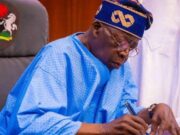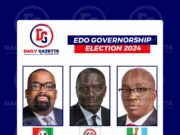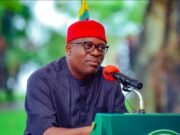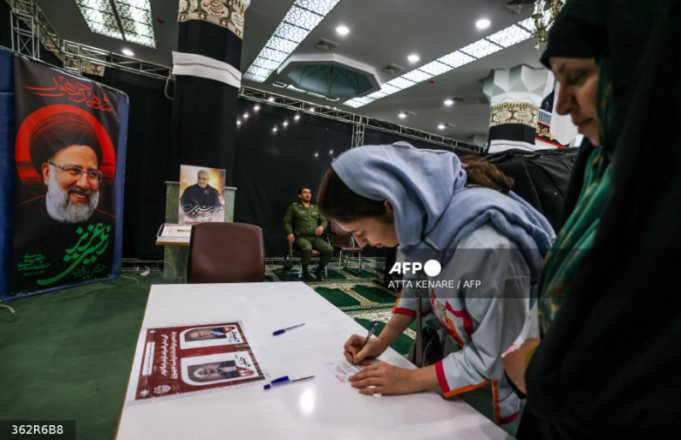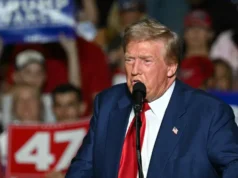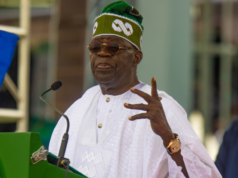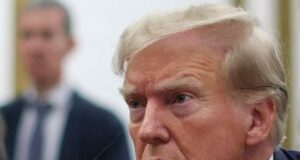Polling stations opened on Friday for Iran’s runoff presidential election, according to the interior ministry, featuring a contest between reformist Masoud Pezeshkian and ultraconservative Saeed Jalili.
This election follows the unexpected death of President Ebrahim Raisi in a May helicopter crash.
 Advertorial
Advertorial
Ayatollah Ali Khamenei, Iran’s supreme leader, cast his vote at 08:00 am (0430 GMT), as shown by state television.
Interior Minister Ahmad Vahidi announced the commencement of the second round, noting that voting would occur at 58,638 polling stations within the country and abroad.
This election takes place amid significant regional tensions due to the Gaza conflict, ongoing disputes with the West over Iran’s nuclear program, and widespread public dissatisfaction with the sanctions-stricken economy.
 Advertorial
Advertorial
In the first round, Pezeshkian led with 42% of the vote, followed closely by Jalili with 39%. The election witnessed a historic low turnout, with only 40% of the 61 million eligible voters participating.
Khamenei urged for greater participation in the runoff, acknowledging that the initial turnout was below expectations but not necessarily indicative of opposition to the system.
Mohammad Bagher Ghalibaf, the conservative parliament speaker, finished third in the first round with 13.8%, while cleric Mostafa Pourmohammadi received less than 1%.

Originally scheduled for 2025, the presidential election was expedited following Raisi’s untimely death. In two debates, Pezeshkian and Jalili tackled issues like the economy, foreign relations, voter turnout, and internet restrictions.
Pezeshkian, a 69-year-old heart surgeon and parliamentarian since 2008, has the backing of prominent reformist figures, including former presidents Mohammad Khatami and Hassan Rouhani.
He advocates for improved relations with the West to lift Iran out of isolation.
Jalili, 58, with a staunch anti-West stance, argues that Iran does not need the 2015 nuclear deal to progress.
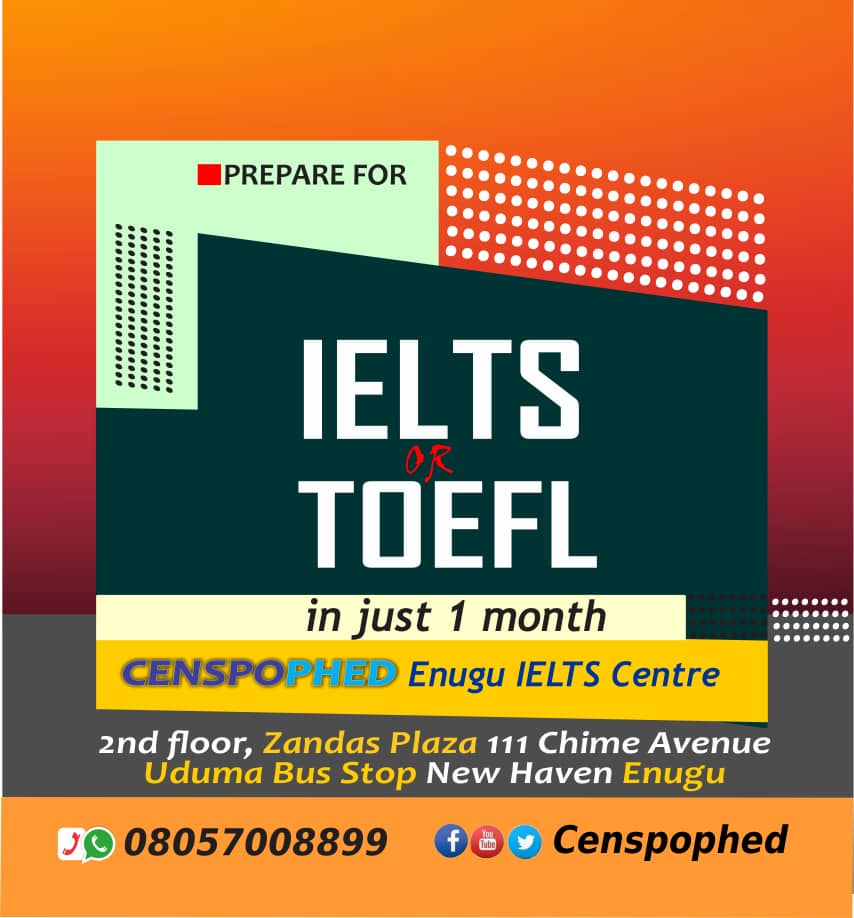
He has criticized the deal for allowing inspections of nuclear sites and has received endorsements from several ultraconservative figures.
Public opinion on the candidates is divided. A 24-year-old university student named Ali expressed support for Pezeshkian, believing he could better integrate Iran with the global community.
Conversely, 40-year-old Maryam Naroui supports Jalili, considering him the best choice for national security.

Regardless of the election’s outcome, the new president will be responsible for implementing policies set by the supreme leader, who holds ultimate authority in Iran.



